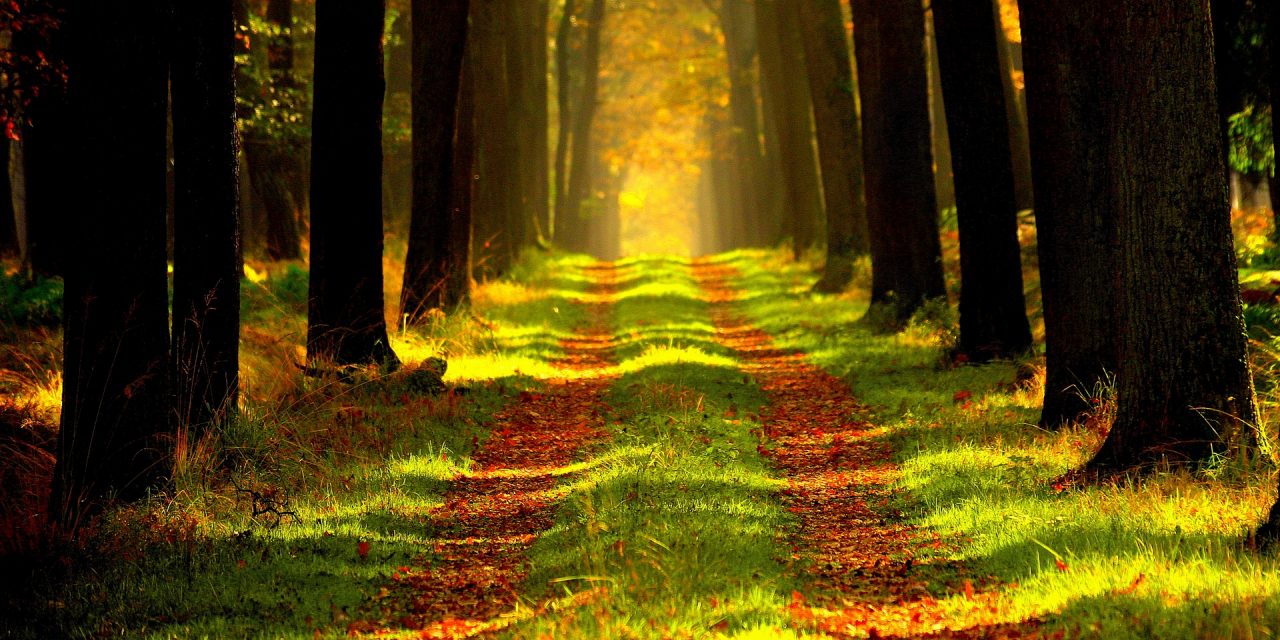Joni Mitchell had it right. We don’t know what we’ve got til it’s gone. I didn’t know I loved trees until I spent a week in the desert. Then as we neared our Minnesota home, I looked out the airplane window and saw green—glorious trees blanketing the earth, welcoming pines and birches and maples.
And I let out a breath. I was safe.
Progress without balance is destructive, and we humans are unbalanced creatures. I’m reading the United Nations report on climate change and realizing that our unbalance has reached the red zone of craziness. Basically, it says if we don’t create a carbon-neutral world—and fast, like in 12 years, 30 years tops—we will kill our world. Greenhouse gases will smother any chance of a decent life for us and our children and their children. That leads me to another thing I didn’t know I loved: oxygen.
And now, schoolchildren, what creates oxygen? Yes, trees. Giving trees. Breathing trees. Healing trees.
Nature is a natural healer. According to researchers, a 10-minute walk, especially one connecting us with nature, can make us healthier. Exposure to green spaces can reduce the risk of chronic disease and improve memory and learning ability. That’s why I can’t understand why we are stabbing our physician with the scalpel of all those human tinkerings with the Great Balance—with every whine of the chainsaw, every eruption of dirt from the smokestack, every long-gone species whose habitat we destroyed.
Progress is like that: thoughtless, haunting, stupid. Twice I have moved to a place near the woods, settled, lived peacefully for a year or two and then . . . guess who? I don’t even have to look over my shoulder. I hear the thunder of the big trucks pulverizing pavement. I smell the dirt and dust sneaking in the windows and settling on the tables.
Down the road, someone is obliterating the wooded path I used to walk with my children, straightening the creek once wiggling with frogs into a ditch with the personality of a pea. I remember the last day we took the path. Our meandering ended abruptly, blocked by a massive pile of brush and shrub and bulldozed trees. I looked around. Gone was the sticker bush we pushed aside with just the tips of our fingers. Gone was the bark on the trees, stripped like the carrots I peeled for my daughter. Gone were the birds and the butterflies and the frogs. Left . . . was silence.
I didn’t know I loved the music of nature.
I looked back at my daughter, and her cheeks were wet with tears. She wanted to know with a six-year-old’s logic: Where will the animals go and how will they get there? And I had this insane idea that perhaps I could bundle all the rabbits and their children, all the frogs, all the squirrels, all the birds—secret them away in a huge coat with many pockets and take them someplace safe. Yes, I could do this for my daughter.
But where was safe?
Parents, so consumed by day-to-day survival, so tethered by logistics, forget what children experience every day—what it is like to be that close to the ground, so near to the earth and its creatures. We do not see ramifications so clearly or feel them so dearly.
Once I read a book about a man named Arthur and how he woke up one day to find someone ready to demolish his house to make way for a freeway. Disoriented, confused, frightened Arthur attempted to postpone the inevitable by lying down in front of the bulldozers. After reading the UN report, I realize that we as a species haven’t laid down before enough bulldozers.
I didn’t know I loved trees—so much.
As Joni Mitchell said, we are paving paradise and putting up a planet of parking lots. And no one wants to live in a parking lot.
___________________
Please take a moment to think about how you can save the planet for your children: recycle, reuse, plant trees and pollinator-friendly plants. In my novel, Crow Calling, they create a sanctuary for pollinators. Imagine if we did that in every yard in the world. What didn’t you know that you loved?






